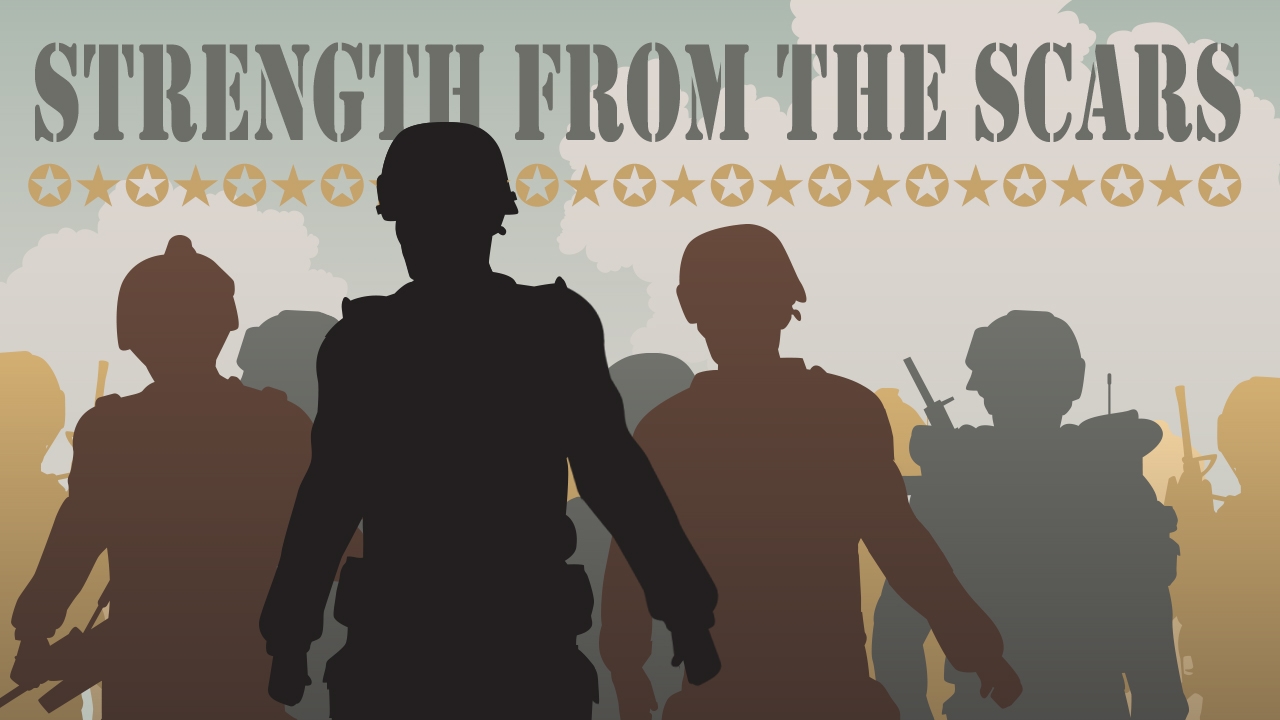Chris Ebner, M.S., OTR/L, entered the field of occupational therapy “to help people get back to their daily lives,” he says. But after September 11, 2001, he was determined to use his knowledge and experience to help his country stand strong once more.
Today, Ebner spends his days as supervisor of occupational therapy with the Warrior Transition Battalion-Europe. Based in Kaiserslautern, Germany, Ebner and the battalion assess and treat members of the armed forces who are injured, wounded, or ill. “The range of things I’ve seen and done over the last 11 years—from treating soldiers with amputation to burns—you probably wouldn’t see in 20 or 30 years on the civilian side,” says Ebner.
But that’s only half of his job; Ebner and the rest of the battalion also help these soldiers get ready for their next step—either a return to military service or a transition back to civilian life. Ebner’s responsibilities include cultivating programs that prepare soldiers to pursue non-military careers or that provide educational opportunities. Additionally, he works to create recreational programs, such as wheelchair basketball, for patients.
 Chris Ebner (at right) participates in a wheelchair basketball game for soldiers.
Chris Ebner (at right) participates in a wheelchair basketball game for soldiers.Changing the Course of a Career
A Houston, Texas, native, Ebner was drawn to occupational therapy as soon as he heard about the field. As an undergraduate, Ebner transferred to UAB after learning about its strong program in occupational therapy. He fell in love with the school—and Birmingham—and decided to pursue a master’s degree in the UAB School of Health Professions.
Making the move to UAB changed the course of his career, he says. “I owe a lot to the faculty and staff at UAB,” Ebner explains. “They helped me excel as a student. I wouldn’t be where I am without their support.”
Though he came from a family with strong military roots, Ebner had no intention of joining the armed forces. But following 9/11, Ebner—who was in his first year of graduate school at the time—was deeply affected. After completing his master’s program, Ebner wanted to use his occupational therapy skills to support his country. He received a U.S. Army OT internship at Walter Reed Army Medical Center in Washington, D.C., in 2002. Since then, Ebner has worked tirelessly to help rehabilitate soldiers. At the start of his career, Ebner was based in San Antonio while he worked at the Brooke Army Medical Center and later at the Center for the Intrepid, a military rehabilitation facility.
Accepting the Challenge
Three years ago, Ebner and his family moved to Germany so that he could work with the Warrior Transition Battalion-Europe. As supervisor of occupational therapy, Ebner oversees all U.S. military occupational therapists across three countries. Constant travel is a trademark of his job. One week he may be in Italy; another week he’s in Belgium.
Though Ebner is currently planning to transition into the sports medicine field, he says that his experience working with soldiers who have given so much is something he will carry with him forever. “They literally sacrifice life and limb and then accept the challenge to go through the rehabilitation process,” he says. “It’s a vigorous process. There are lots of long days, but you see people achieve amazing things.”
• Learn more about the Department of Occupational Therapy at UAB.
• Give something and change everything for UAB occupational therapy students.


